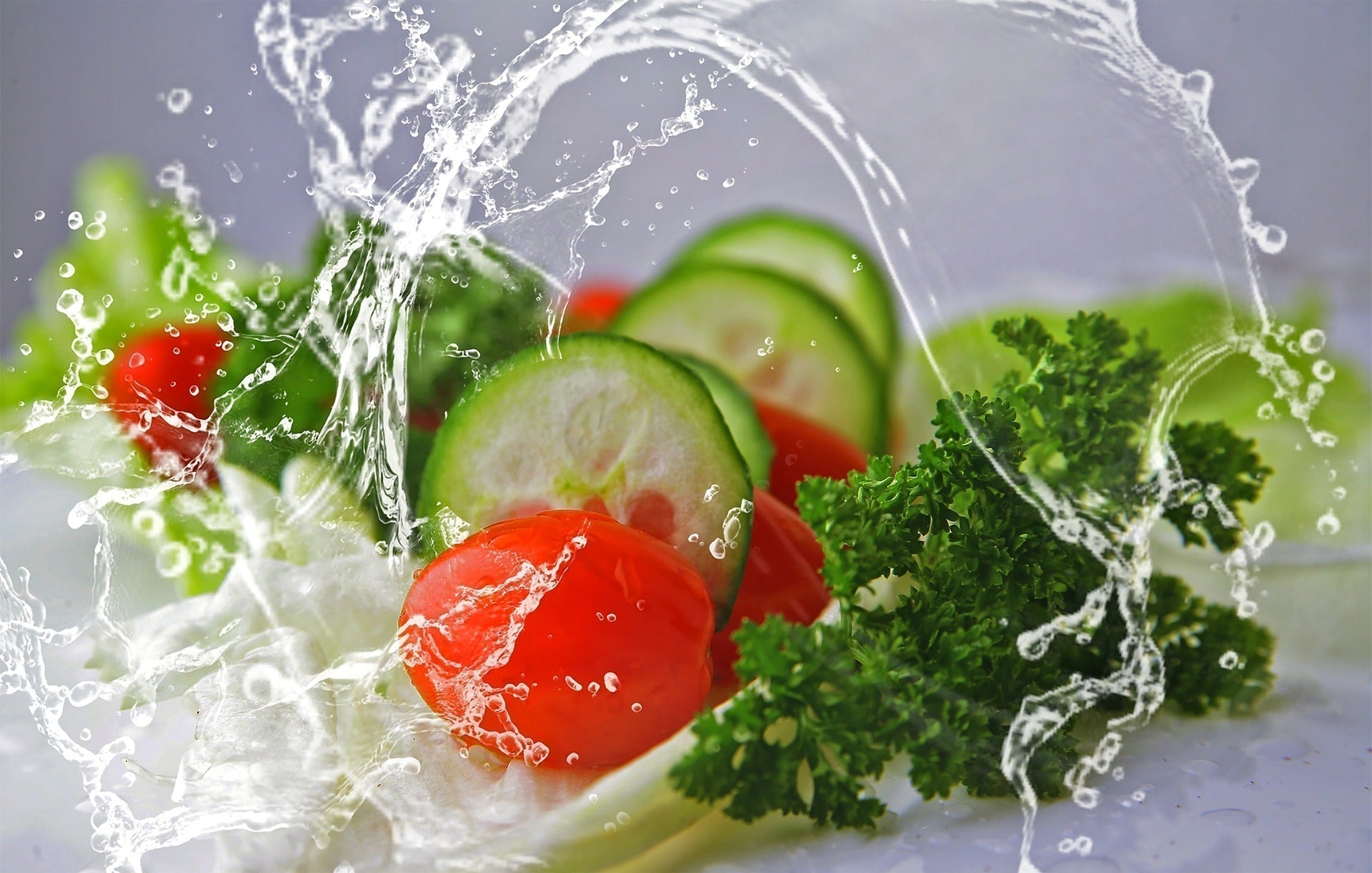Vitamine und Mineralien: Bausteine des Lebens durch alle Lebensphasen hindurch
Vitamine und Mineralien, oft als die unsichtbaren Helden unserer Gesundheit bezeichnet, sind lebenswichtige Nährstoffe, die unser Körper benötigt, um optimal zu...
>> MEHR LESEN









